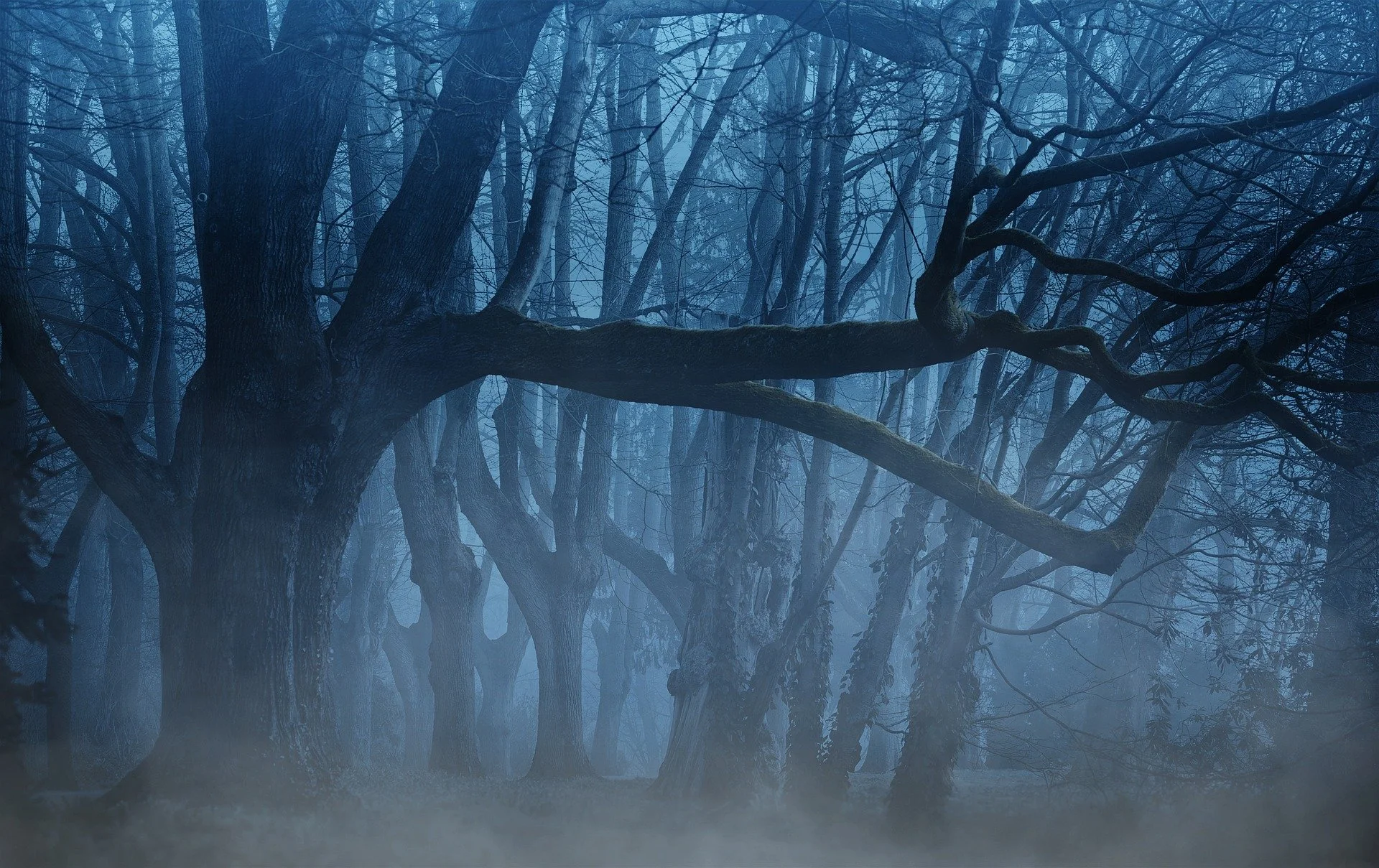The Lens of the Mind: Seeing Beyond Anxiety
The mind is a wonderful servant but a terrible master.
Bhagavad Gītā
When anxiety takes hold, it alters the way we see the world.
The mind’s lens narrows, magnifying danger while dimming everything else. Colours lose their brightness, the future feels uncertain, and even ordinary moments seem overshadowed by what might go wrong.
This experience can feel overwhelming, but it is not a flaw. Anxiety is the nervous system’s way of protecting us, focusing our attention so we can respond to life’s challenges. The difficulty arises when this focus remains fixed on threat, blurring our capacity to see the bigger picture of who we are and what is possible.
The Wider View: Seeing Beyond Anxiety
Imagine walking through a dense forest. Trunks stand close together, branches weave overhead, and the ground is tangled with roots. Only what is nearby is visible: shifting shadows, uneven earth, the next uncertain step.
But as you move forward, the trees begin to thin. Light filters through, and the air grows fresher. From a hilltop, the whole landscape stretches before you—the forest’s edge, the shimmer of a river, and paths that were invisible from within the thicket.
The mind works in much the same way. It can narrow tightly on detail or open to the wider picture. This shift does not dismiss our feelings; it gives them space. The inner voice softens. It no longer speaks only as a harsh judge, but as a wiser companion. We may even find ourselves saying: This is anxiety speaking. I can listen without taking every word as truth.
The Inner Observer: A Psychosynthesis Perspective on Anxiety
In Psychosynthesis, we refer to the “I” - the centre of awareness and will, the part of us that observes without becoming entangled. From this perspective, we can meet the anxiety with kindness, holding the fears without being consumed by them.
We are no longer lost in the forest; we are standing where trees give way to open land, able to choose our direction. Both close focus and wide perspective have their place. But when anxiety dominates, widening the view becomes an act of compassion - an offering of space to ourselves.
Returning to the Horizon: Restoring Balance Beyond Anxiety
Anxiety will return. This is part of being human. Sometimes it arrives softly, like mist among the branches, at other times, fiercely, like a sudden storm. Its role is not to harm us, but to signal: Be alert, take care. Even when misplaced, its purpose is to protect.
When we step back to take in the horizon, something shifts. We remember that while anxiety has its voice, it does not define the whole of us. We are larger than this feeling, larger than this moment.
In this openness, the breath steadies. Muscles release their grip. The mind clears, and trust begins to take root—trust in our ability to meet life, trust in the possibility of change, and trust that light can return to shadowed places.
Each time we widen our view, we strengthen our connection to the larger landscape within and around us.
REFLECTION: Gentle Questions for Calming Anxiety
When the mind is caught in a narrow frame, simple questions can help us remember the wider view:
How will I see this in a year?
If this were happening to someone I love, what would I say?
What else is true about me right now that anxiety cannot touch?
These reflections are like shafts of light through the canopy, reminding us of the horizon beyond the trees.

